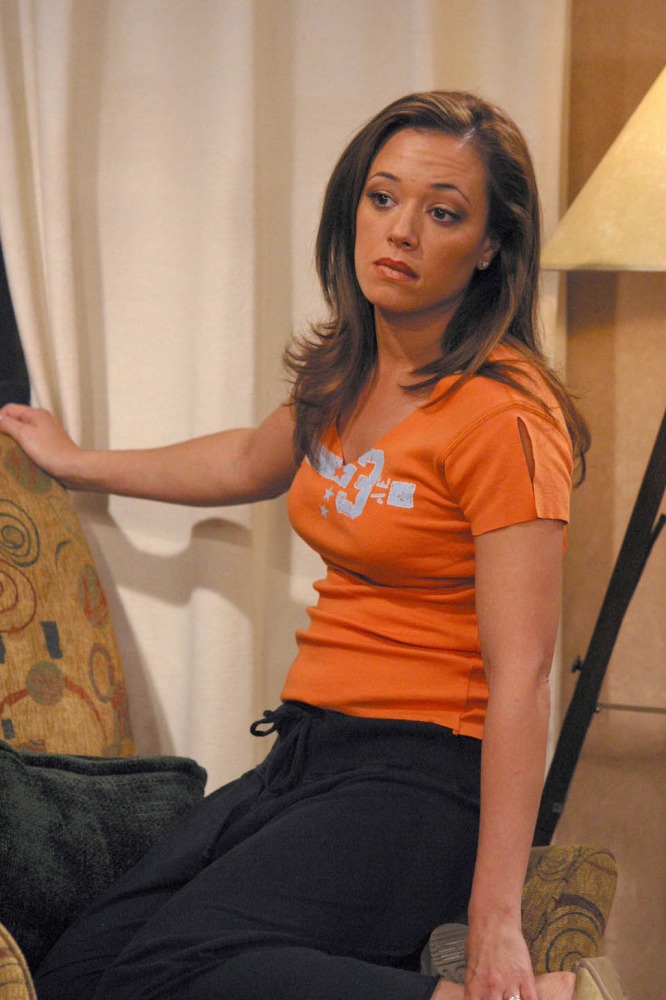


King played the role of corrupt union official Andy Stone in Martin Scorsese's 1995 film Casino. He had another major role in Memories of Me (1988) as the so-called "king of the Hollywood extras," portraying Billy Crystal's terminally ill father. He also played himself in an uncredited cameo in Lumet's Prince of the City (1981). Lumet later cast him in a starring role in Just Tell Me What You Want (1980), a provocative comedy about a ruthless business mogul and his TV-producer mistress ( Ali MacGraw). He frequently worked for director Sidney Lumet, beginning with Bye Bye Braverman (1968) and The Anderson Tapes (1971). He often portrayed gangsters, as in Casino (1995) and Night and the City (1992), both starring Robert De Niro, as well as I, the Jury (1982) and Cat's Eye (1985). King eventually expanded his range and made a name for himself in a wide variety of films. He played small roles in movies in the 1950s, but disliked stereotypical roles that he described as "always the sergeant from Brooklyn named Kowalski." Typical of this was his role as Sgt Buzzer in the WW2 film On the Fiddle (1961).
#SKITCH KING OF QUEENS MOVIE#
When Martin was cast in the movie Hit the Deck, he got King his first movie role. He was soon opening for Judy Garland, Patti Page, Nat King Cole, Billy Eckstine, Lena Horne, and Tony Martin. With many Americans moving to the suburbs, King's humor took hold. There, he developed comedy revolving around life in suburbia. His wife persuaded him to move to Forest Hills, Queens for their children, and later to Great Neck, Long Island, where he lived for the rest of his life. They had three children: Andrew, Robert, and Elainie Ray. He inspired other comedians including Joan Rivers, Jerry Seinfeld, Larry David, Billy Crystal, Robert Klein, and Bill Cosby. King changed his own style from one-liners to a more conversational style that used everyday life for humor. King realized that Thomas was speaking to his audience, not at them, and was getting a better response.

His style of comedy changed when he saw Danny Thomas in the early 1950s. King began his comedy career with one-liner routines and other material concerning mothers-in-law and Jews. He worked as a doorman at the popular nightclub Leon and Eddie's while performing comedy under the last name of the boxer who beat him, King.Ĭareer With Dick Cavett and Johnny Carson in 1968 Nursing a broken nose, King decided to quit boxing and focus on comedy.
#SKITCH KING OF QUEENS PROFESSIONAL#
He later worked in Canada in a burlesque house while also fighting as a professional boxer: he won twenty straight bouts. After one joke that made fun of the hotel's owner, he was fired however, he spent the remainder of that summer and the one that followed as emcee at Forman's New Prospect Hotel in Mountaindale, New York. At fifteen, King dropped out of high school to perform comedy at the Hotel Gradus in the Catskill Mountains. He lost first prize but was invited to join a nationwide tour. When he was fourteen, King performed "Brother, Can You Spare a Dime?" on the radio program Major Bowes Amateur Hour. King performed impersonations on street corners for pennies. King used humor to survive the tough neighborhoods. He spent his first years on the Lower East Side of Manhattan. King was born in New York City, the son of Russian Jewish immigrants Minnie (née Solomon) and Bernard Kniberg, a handbag cutter.


 0 kommentar(er)
0 kommentar(er)
